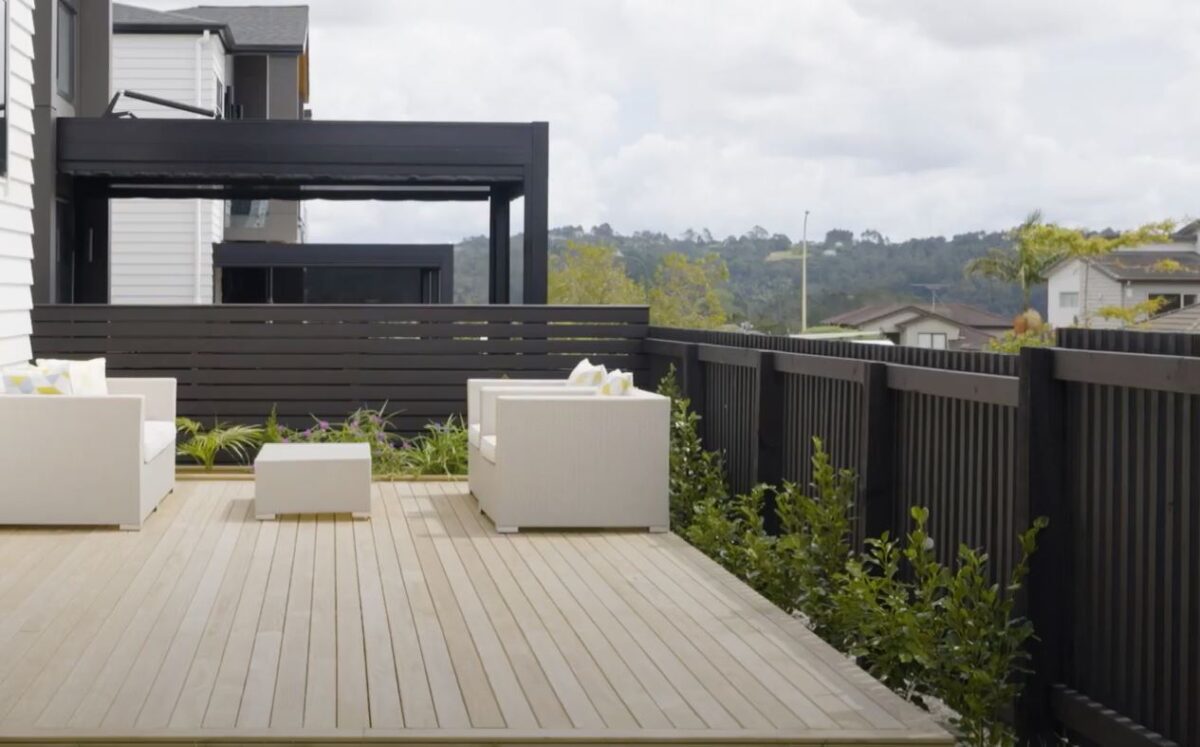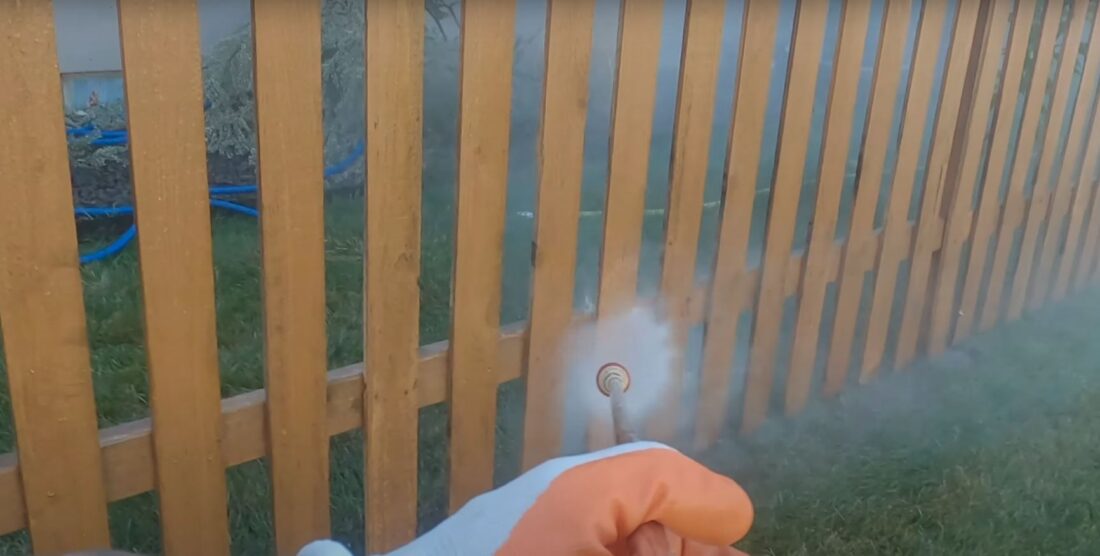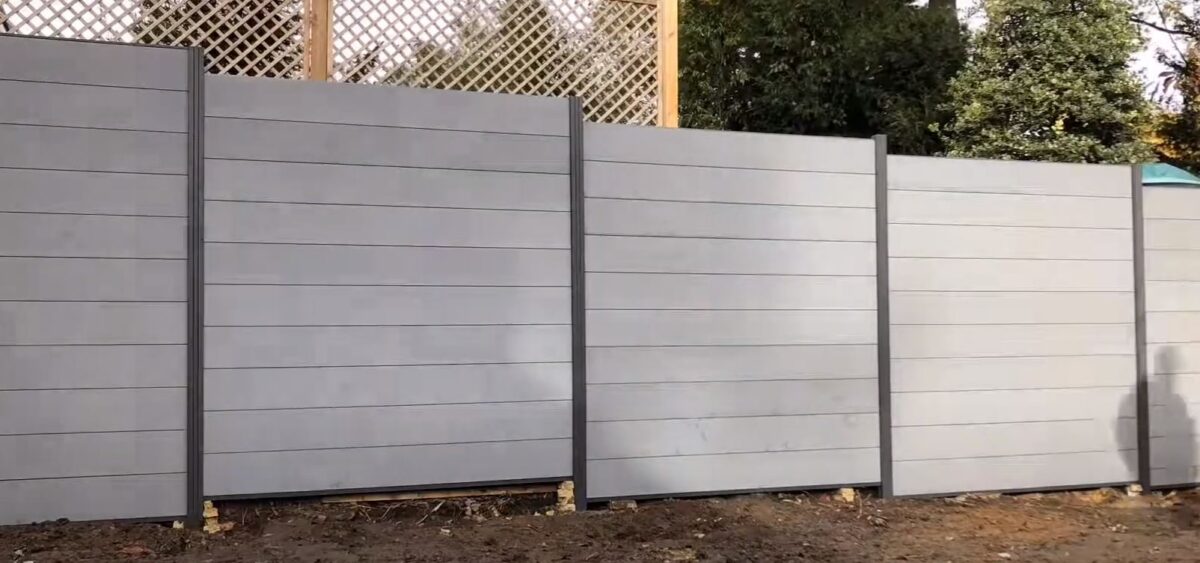What Type of Wood Fence Lasts the Longest?
Factors Affecting Fence Longevity
The longevity of a wooden fence depends on several factors, including the type of wood used, the quality of installation, and the maintenance routine. Understanding these elements helps in selecting the best wood for your fence.
Types of Wood and Their Durability
Cedar
Cedar is renowned for its durability and resistance to rot and insects. Its natural oils make it a great option for outdoor use.
-
- Advantages:
- Naturally resistant to rot and insects.
- Attractive appearance that weathers well over time.
- Requires less maintenance compared to other woods.
- Longevity: Cedar fences can last 15-30 years with proper care.
- Advantages:
Redwood
Redwood is another excellent choice for fencing due to its strength and aesthetic appeal.
-
- Advantages:
- High resistance to rot and decay.
- Stable and less likely to warp or shrink.
- Beautiful natural colour.
- Longevity: Redwood fences can last 20-25 years with regular maintenance.
- Advantages:
Pressure-treated pine is a popular, cost-effective option for wooden fences. The treatment process helps resist rot and pests.
-
- Advantages:
- Economical and widely available.
- Treated to resist decay and insect damage.
- Can be painted or stained to match desired look.
- Longevity: Pressure-treated pine fences can last 15-20 years, depending on the quality of treatment and maintenance.
- Advantages:
Tropical Hardwoods (e.g., Ipe, Mahogany)
Tropical hardwoods are known for their exceptional durability and resistance to harsh weather conditions.
-
- Advantages:
- Extremely durable and hard.
- High resistance to rot, decay, and insects.
- Rich, natural colour and grain patterns.
- Longevity: Tropical hardwood fences can last 25-40 years, often longer with proper maintenance.
- Advantages:
Health and Safety Considerations
When installing a wooden fence, consider the following health and safety tips:
- Protective Gear: Wear gloves, safety glasses, and dust masks when cutting or handling wood.
- Safe Handling: Use proper lifting techniques to avoid back injuries.
- Chemical Treatments: Be cautious with pressure-treated wood; it can contain chemicals that are harmful if inhaled or ingested.
Local Fence Considerations in Auckland
In Auckland, local conditions can influence the choice of wood for fencing. For instance:
- Onehunga: Known for its variable weather, a durable wood like cedar or redwood is recommended to withstand the changing conditions.
- Botany Downs: With its suburban environment and higher moisture levels, pressure-treated pine can be a practical choice, providing good resistance to moisture and pests.
Comparison Table of Different Woods for Fences
| Wood Type | Durability | Advantages | Longevity | Maintenance Needs | Suitability for Auckland |
| Cedar | High | Naturally resistant to rot and insects, attractive look | 15-30 years | Low to moderate | Excellent for variable weather |
| Redwood | High | High resistance to rot and decay, stable | 20-25 years | Moderate | Great for stability and aesthetics |
| Pressure-Treated Pine | Moderate to High | Economical, treated to resist decay and pests | 15-20 years | Moderate | Practical for moisture resistance |
| Tropical Hardwoods | Very High | Extremely durable, resistant to harsh conditions | 25-40 years | Low to moderate | Ideal for long-term durability |
Science and Engineering Behind Wood Longevity
Moisture Resistance
- Cedar and Redwood: These woods have natural oils that make them resistant to moisture and decay.
- Pressure-Treated Pine: The treatment process infuses chemicals that protect against moisture and pests.
- Tropical Hardwoods: Dense wood structure provides natural resistance to moisture.
Pest Resistance
- Cedar and Redwood: Naturally repellent to insects due to their oils.
- Pressure-Treated Pine: Chemically treated to deter insects.
- Tropical Hardwoods: High density and natural compounds provide strong pest resistance.
Stability and Maintenance
- Cedar and Redwood: Less prone to warping and shrinking, requiring less frequent maintenance.
- Pressure-Treated Pine: May warp or shrink if not properly maintained.
- Tropical Hardwoods: Extremely stable but can be more challenging to work with due to density.
Understanding the different types of wood and their properties can help you choose the best option for your fence, ensuring it lasts as long as possible. Proper fence installation and regular maintenance are crucial to extending the life of your fence, making it a worthwhile investment for any property. Quality Fencing Auckland are the professionals you can rely on.
Other Locations:



